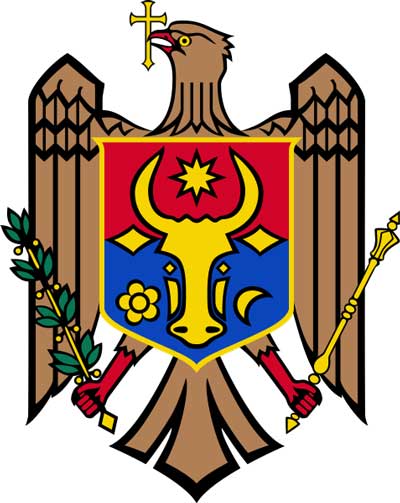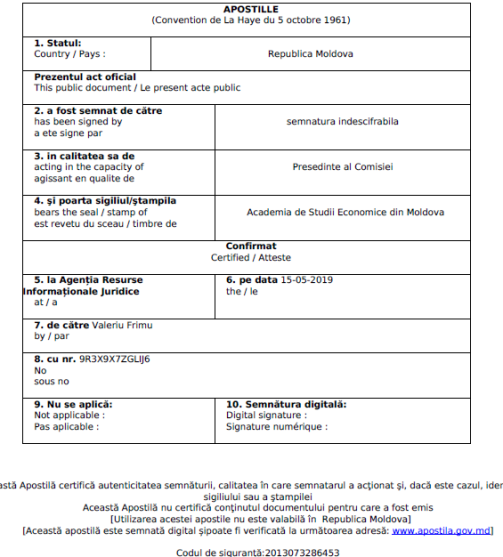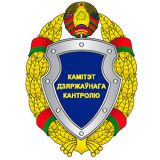
Schmidt & Schmidt компаниясы Молдова аумағында берілген құжаттарды апостиль қою арқылы заңдастыру қызметтерін ұсынады.
Молдова Республикасы 1961 жылғы Гаага конвенциясының қатысушысы болып табылады, бұл конвенция құжаттарды жеңілдетілген рәсім бойынша апостиль арқылы заңдастыруды белгілейді. Молдова конвенцияға 2006 жылғы 19 маусымда қосылып, 2007 жылғы 16 наурыздан бастап күшіне енді.
Молдовадағы құжаттарға апостиль қоюға уәкілетті органдар – Әділет министрлігі және Сыртқы істер мен еуропалық интеграция министрлігі, олардың арасында өкілеттіліктер бөлінген.
Молдова Әділет министрлігі азаматтық хал актілерін тіркеу органдарының құжаттарын, білім беру және сертификаттау құжаттарын, нотариалдық актілерді, сот орындаушылары, прокуратура, соттар және мемлекетке бағынатын басқа органдар мен лауазымды тұлғалардың құжаттарын апостильмен куәландырады.
Басқа ресми құжаттарға (орталық мемлекеттік басқару органдарының әкімшілік құжаттары, өз мүдделері үшін қабылданған) апостиль Сыртқы істер және еуропалық интеграция министрлігі арқылы қойылады.
Молдовадағы апостиль 1992 жылдан бастап берілген құжаттарға немесе 1992 жылға дейін берілген және Кишиневтегі азаматтық хал актілері органдарынан алынған дубликаттарға қойылады.
Приднестровьенің (Молдавияның мойындамаған аумағы – Днестрдің сол жағалауындағы әкімшілік-аумақтық бірліктер) берілген құжаттары апостильден бұрын Молдова заңнамасына сәйкес қайта тіркеуден өтуі тиіс.
Германия бір кезде Молдованың апостиль бойынша Гаага конвенциясына қосылуына қарсы болған. Молдова құжаттарын Германияда тану үшін екі елдің құжаттарына консулдық заңдастыру қажет.
Апостиль Молдова органдары мен ресми мекемелері берген құжаттарға (немесе МССР құжаттарының дубликаттарына), молдав тілінде жасалған құжаттарға ғана қойылады.
Молдовадағы құжаттарды заңдастыру процесі уәкілетті қызметкерлердің олардың түпнұсқалығын тексеруін қамтиды. Осы рәсімнен кейін құжатқа (немесе оның куәландырылған көшірмесіне) арнайы штамп – апостиль қойылады. Әдетте апостиль құжаттың артқы бетіне немесе жеке параққа қойылып, кейін құжат тігіледі.
Молдовадағы апостиль – төртбұрышты штамп, қабырғасы кемінде 9 сантиметр, мәтіні молдав тілінде, міндетті түрде «Apostille» атауы және француз тілінде 1961 жылғы Гаага конвенциясына сілтеме (Convention de La Haye du 5 octobre 1961) көрсетіледі. Штамп мазмұны Гаага конвенциясымен белгіленген.
Сонымен қатар, Молдовада құжаттарды штампсыз электронды апостиль арқылы да куәландыруға мүмкіндік бар. Апостильдің түпнұсқалығын арнайы интернет-ресурста тексеруге болады.

Молдовадағы апостиль қоюға болатын құжаттар
- Орталық және жергілікті билік органдарының құжаттары
- Сот құжаттары
- Нотариалдық актілер
- Әкімшілік құжаттар
- Тіркеу құжаттары
- Біліктілік және сертификаттау құжаттары
- Сауда тізілімінен үзінділер
Кедендік, дипломатиялық, консулдық, коммерциялық құжаттар, төлқұжаттар және басқа жеке куәліктер апостиль қоюға жатпайды.
Апостильдің қолданылу мерзімі шектелмейді, алайда құжаттардың өз жарамдылық мерзіміне шектеулер қойылуы мүмкін.
Апостиль мен консулдық заңдастыру арасындағы айырмашылықтар
Апостиль мен консулдық заңдастырудың ортақ белгісі – олар ресми құжаттың басқа елдің мекемелерінде қолданылуы үшін шынайылығын растайды. Алайда олардың арасында елеулі айырмашылықтар бар.
| Апостиль | Консулдық заңдастыру | |
|---|---|---|
| Шындық | Тек Гаага конвенциясына қатысушы елдер арасында ғана қолданылуы мүмкін. | Гаага конвенциясына қатыспайтын немесе қатысушы еместігінен бір немесе екі ел арасында, немесе бір тарап екінші тараптың қосылуына қарсы болған жағдайда қолданылады. |
| Алу қиындығы | Орташа. Апостиль алу үшін құжат берілген елдің уәкілетті органыға жүгіну қажет. | Жоғары. Консулдық заңдастыру үшін құжат берілген елдің әртүрлі органдарына және консулдықтарға жүгіну қажет |
| Алдын ала растау | Қажет емес. | Қажет. Құжатты берген органнан алдын ала растау қажет. |
| Мақсат елінің консулдығында заңдастыру | Мақсат елінің консулдығына жүгіну қажет емес. | Заңдастырудың соңғы кезеңі әдетте құжат берілген елде мақсат елінің консулдығында өтеді. |
Молдовадағы құжаттарды талап ету
Кейде азаматтық хал актілері құжаттары жоғалып кетеді немесе зақымданады, немесе құжаттардың өзекті көшірмелерін алу қажет болады. Мұндай жағдайда құжаттардың дубликаттарын талап ету қажет. Көбінесе Молдовадан шыққан адамдар осы рәсімде қиындықтарға тап болады. Біздің сервис Молдовадағы құжаттарды қашықтан талап етуге мүмкіндік береді және құжатты әлемнің кез келген нүктесіне курьер арқылы жеткізе алады.
Құжаттарды нотариалдық аудару
Көбінесе мемлекеттік органдар тек мемлекеттік тілде жасалған құжаттарды қабылдайды. Сондықтан апостильмен куәландырылған және шет тілінде жасалған шетелдік құжаттарды тағайындалған елде пайдалану үшін оларды аудару және аударманы нотариалдық куәландыру қажет. Бізде құжаттарды қазақ тіліне нотариалдық аударуға тапсырыс беруге болады.
Аудармаға апостиль қою қажет пе?
Бір елде беріліп, басқа елде пайдалануға арналған кез келген шетелдік құжат заңдастырылуы тиіс. Молдовада апостиль қойылған құжаттың орыс тіліне аудармасы болса да, ол әлі де шетелдік құжат мәртебесіне ие болып қала береді және оған апостиль қою қажет болады. Осыған байланысты көптеген органдар Молдовадан куәландырылған аудармаларды қабылдамауы мүмкін. Мұндай жағдайларды болдырмау үшін аудармаларды құжат пайдаланылатын елде жасау ұсынылады.
























































